Western media focus on Turkey has lately been on civil-military tensions and Ankara’s diplomatic pressure on Syria. Yet the country’s most urgent problem remains stubbornly the same one since the establishment of the Turkish Republic in 1923: the Kurdish question. Last month alone, rebels of the Kurdistan Workers’ Party (PKK) killed a total of forty Turkish soldiers. In retaliation, Turkish F-16 jets have bombed Kurdish-controlled northern Iraq and launched a new military campaign in Turkey’s southeast. All the dynamics for a vicious cycle of PKK attack leading to Turkish retaliation and a low-intensity war seem to be in place. Although both Kurds and Turks know there can be no military solution to this problem, addressing Kurdish discontent with a new and more democratic constitution has become a daunting challenge for the Justice and Development Party (AKP) government. Prime Minister Erdogan scored yet another landslide electoral victory in June 2011, but he appears reluctant to spend his political capital on this issue. As the classic Turkish mantra goes: “there can be no democratization when the country is facing terrorism.
Making things all the more difficult is the fact that the political aspirations of Turkey’s 15 to 20 million Kurds (around 20 percent of the total population) reached unprecedented levels in the last ten years. The AKP has done more than previous Turkish governments to improve the living standards and cultural rights of Kurds in Turkey. Yet, such reforms also increased Kurdish expectations. To be sure, the PKK insurgency is not as strong as it was in the 1990s when more than twenty thousand lives were lost. But Kurdish nationalism, as a political force, is alive and well across Turkey. Kurdish ethnic, cultural and political demands are fueled by a young and increasingly resentful generation of Kurds who are vocal and frustrated not only in Eastern Anatolia but also in Turkey’s large Western cities including Istanbul, Izmir, Mersin and Adana.
Half of Turkey’s Kurds now live in western Turkey, where they constitute an underclass. They are often blamed by the Turkish majority for supporting the PKK. Under such circumstances, the nightmare scenario is Turkish-Kurdish ethnic violence in western urban centers such as Istanbul, Izmir, Mersin and Adana. It certainly does not help that the Kurdish youth of Turkey feels particularly close to the PKK and its jailed leader Abdullah Ocalan, who still exerts considerable political influence over the movement. The formative experience of this youth contingent has been the PKK insurgency that began in the early 1980s. Although most Turks consider the PKK a terrorist organization, a significant segment of Turkish Kurds romanticize the movement. It is indeed very telling that Turkey’s main Kurdish political party, the BDP, is unable to distance itself from the PKK.
The Brookings Institution is committed to quality, independence, and impact.
We are supported by a diverse array of funders. In line with our values and policies, each Brookings publication represents the sole views of its author(s).
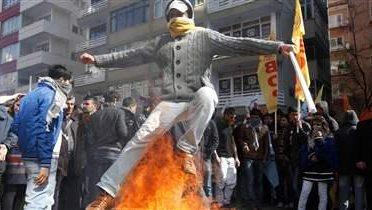

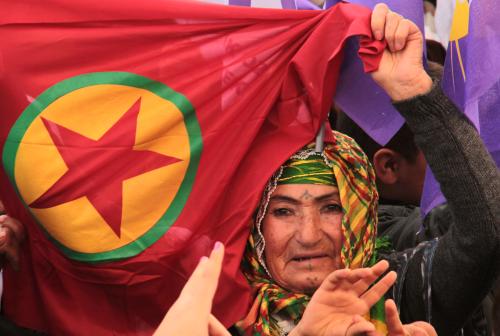
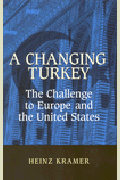
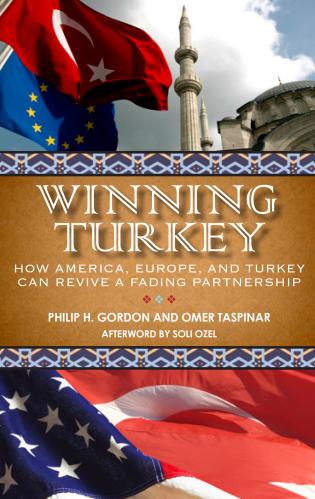
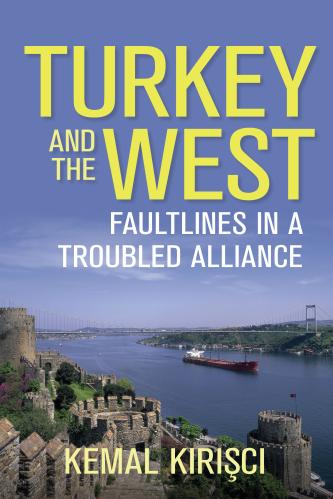
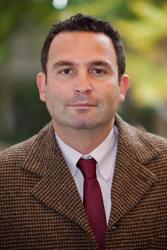



Commentary
Turkey’s Kurdish Achilles’ Heel
September 15, 2011